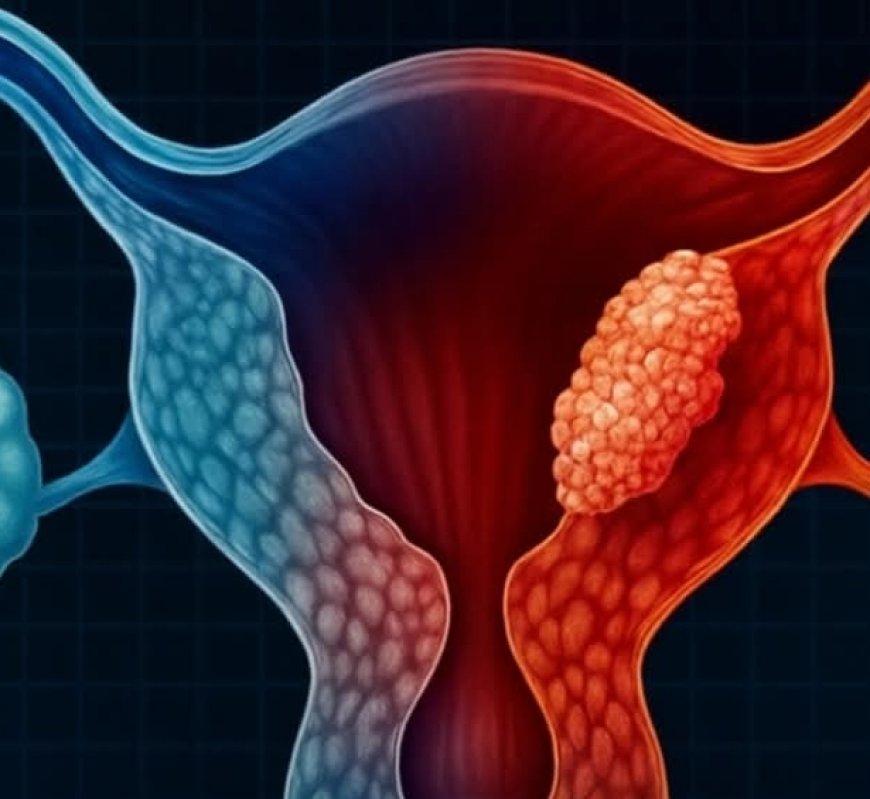3 Male Habits That Can Increase Cervical Cancer Risk in Their Partners

1. Having Sexual Intercourse During Menstruation
Although rarely discussed, this practice can have real implications for intimate health. During menstruation, the cervix may be slightly more open, and the body’s natural defenses are temporarily reduced. This creates an easier pathway for viruses or bacteria to enter, including HPV if one of the partners is infected.
It’s not the act itself that causes cervical cancer, but the conditions surrounding it can increase the chance of exposure to infections. Many women prefer to avoid intercourse during this time to reduce unnecessary risks and allow the body to maintain its natural balance.
2. Smoking and Secondhand Smoke Exposure
Most people know smoking is harmful—but fewer realize how much cigarette smoke, even secondhand, can affect a woman’s intimate health.
The chemicals released from tobacco weaken the body’s natural defense systems and disrupt the vaginal microbiome. When this balance is disturbed, the body becomes more vulnerable to infections, including HPV.
Creating smoke-free environments at home and around your partner is a simple and powerful act of protection. It supports not only lung health but also the long-term health of the reproductive system.
3. Having Unprotected Sex
Many long-term couples stop using condoms, assuming they are only necessary for preventing pregnancy. But protection plays a crucial role in reducing the transmission of silent infections—those that can linger without symptoms and cause complications later.
Condoms remain one of the most effective barriers against HPV and other sexually transmitted infections. Today, there are ultra-thin, comfortable options designed to enhance pleasure while safeguarding both partners’ health.
Using protection is not just about preventing disease—it’s a sign of mutual respect, responsibility, and care.
Warning Signs That Deserve Attention
Some symptoms indicate the body may be signaling an imbalance or infection. These include:
Unusual or odorous vaginal discharge
Pelvic or intimate discomfort
Pain during intercourse
Persistent fatigue without clear cause
Just like the warning light on a car dashboard, these signs shouldn’t be ignored. Regular visits to a gynecologist and timely screenings remain the best way to prevent complications, including cervical cancer.
Did You Know?
HPV is responsible for nearly 95% of cervical cancer cases—but the good news is that the infection can often be prevented through vaccination, condom use, and routine screening tests such as the Pap smear and HPV test.
Taking small steps today can make a big difference in your partner’s long-term health and well-being.
FAQ
Do sexual relations during menstruation increase cancer risk?
Not directly. However, the cervix may be more vulnerable during this time, making it easier for viruses like HPV to enter when protection is not used.
Can cigarette smoke affect a woman’s intimate health?
Yes. Chemicals in tobacco smoke weaken the body’s natural defenses, increasing susceptibility to infections, including HPV.
Do condoms only protect against pregnancy?
No. Condoms also help prevent sexually transmitted infections—especially HPV, which is strongly linked to cervical cancer.
What symptoms should raise concern?
Pain, unusual discharge, foul odors, discomfort during sex, and unexplained fatigue are all signs that should prompt a medical evaluation.
What's Your Reaction?





















